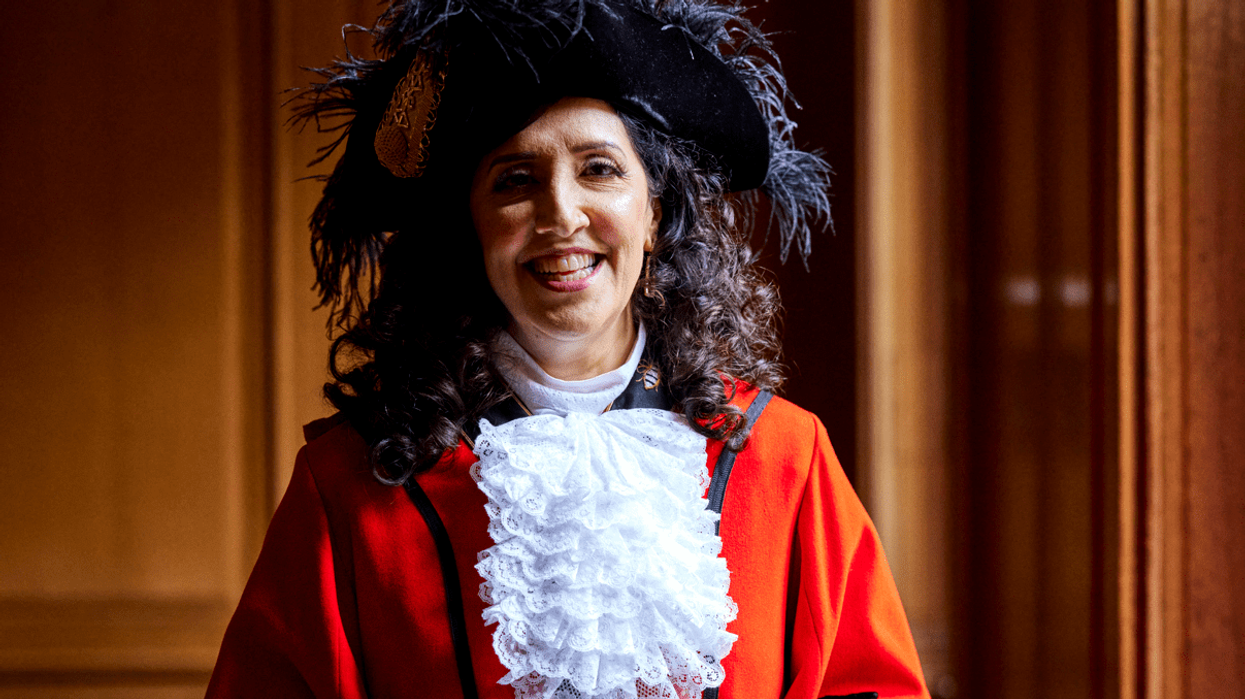‘Proud Mancunian’ Yasmine Dar has become Manchester’s 125th lord mayor – and the first Asian woman to hold the ceremonial role, reports Joseph Timan.
The Labour representative for Moston ward since 2014 was elected by fellow councillors last Wednesday (17).
Addressing the annual council meeting at the town hall, the ‘proud socialist’ councillor paid tribute to her parents.
Born in Doncaster, the Dar family moved to Manchester when Yasmine was three.
Growing up with five brothers and one sister, Yasmine said she was ‘one of the boys’ and despite her South Yorkshire routes, she was ‘made in Manchester’.
She studied at Manley Park Primary School, Whalley Range High School and Abraham Moss College, and was previously a welfare rights adviser and a social worker.
Yasmine’s first experience of helping and supporting others came through the textile and haberdashery business her mother Zubaida ran.
Described as a ‘community hub’, the Dar siblings would help customers fill in forms and advocate for them.
Yasmine has helped vulnerable people, including those with mental ill health, victims of domestic abuse and in the criminal justice system by working as a prison chaplain.
In 2009, she set up a charity for young people in Whalley Range with her brother Majid who was also a Manchester councillor until losing his seat at the last local election.
The former Labour councillor for Ancoats and Beswick will now be the lord mayor’s consort, while Yasmine’s daughter Amina will be the lady mayoress.
Soon after becoming a councillor herself, Yasmine was elected to Labour’s National Executive Committee, which acts as the governing body for the party.
Teary-eyed, the new lord mayor spoke of her late father Mohammed Akram Dar, a bus driver who started his own business before becoming bed bound due to Parkinson’s, and encouraged her to become involved in politics. She told her colleagues at the town hall meeting that her mother – who now has Alzheimer’s disease – would have been her ‘strongest ally’ had she
been well.
The new lord mayor said “empowerment” will be the theme of her year in office.
She said: “I will always push for self-belief and self-empowerment, as well as standing up for peace, justice and human rights and equality for all.” (Local Democracy Reporting Service)




